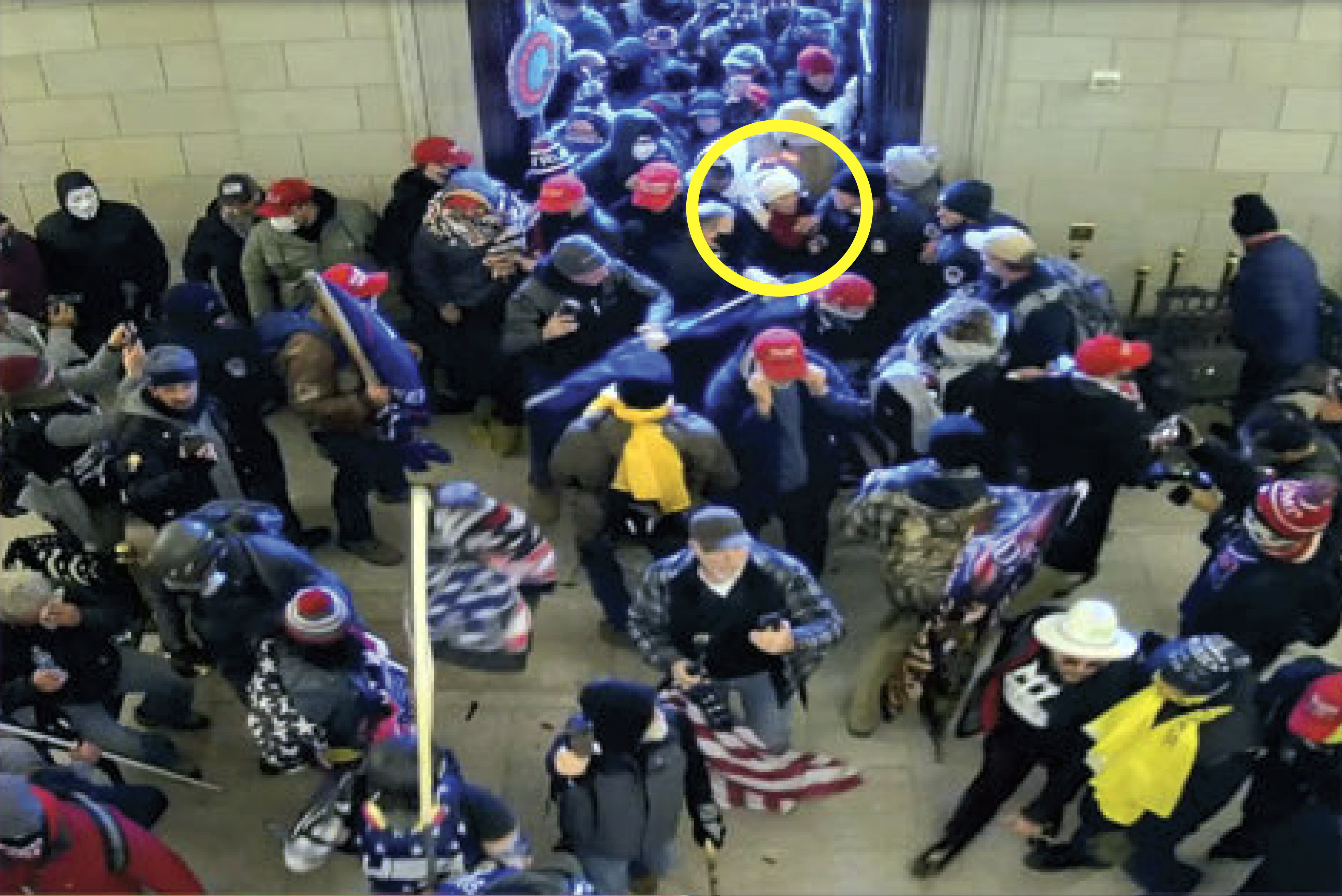EL TIEMPO, EL TIEMPO/VODEO, el-tiempo, el-tiempo/noticias, el-tiempo/video
Mixed signals from the White House on gay rights and conscience protections have put two constituencies on edge: LGBT advocates already wary of President Donald Trump and religious conservatives determined to hold him to his campaign promises.
Recent developments have left both groups anxious and uncertain.
Last week, Trump pledged to maintain President Barack Obama's job protections for lesbian, gay, bisexual and transgender federal employees, and the White House touted him as a protector of the broader LGBT community.
Soon after, Trump nominated Judge Neil Gorsuch to the U.S. Supreme Court, which cheered conservatives because of the nominee's past support for broad religious exemptions. Then a draft executive order on religious exemptions was leaked; among other things, it would have boosted protections for those with faith objections to gay marriage while undercutting LGBT gains made under Obama.
The order would have gone a long way to satisfying Trump's campaign promise to religious conservatives that "I will defend your religious liberties." But as of Wednesday the draft order hadn't been signed, reportedly because of objections from Trump's daughter Ivanka and others in his inner circle.
Had the executive order been signed, LGBT-rights leaders were poised to respond with a wave of protests and lawsuits depicting the order as authorizing taxpayer-funded discrimination. Even though Trump has backed off for now, they remain wary.
"It's really not a question of if this administration will attack LGBT people — it's a question of when and how," said Rachel Tiven, CEO of Lambda Legal.
U.S. & World
The day's top national and international news.
Meanwhile, conservative religious leaders have been carefully turning up pressure on the president, who won 81 percent of the white evangelical vote, along with a majority of Roman Catholics.
The Family Research Council, the Southern Baptist's Ethics & Religious Liberty Commission and others have urged Trump to take action.
Greg Baylor, senior counsel for the Alliance Defending Freedom, a conservative legal group that specializes in religious liberty cases, said he hoped Trump would "make a global statement about how the new federal government is going to respect religious liberty." Baylor said the draft executive order that remains in limbo would have been "a constructive step" toward that goal.
The U.S. Conference of Catholic Bishops has launched an online lobby campaign urging Catholics to make a similar point in emails to the White House. "We pray that the new administration follows through on its promises regarding conscience rights and allows the Catholic community and other people of faith the freedom to serve others in accordance with our beliefs," said Archbishop William Lori of Baltimore, who leads the bishops' efforts to secure conscience rights.
At the National Prayer Breakfast last week in Washington, expectations ran high that Trump would announce his support for the draft executive order. In his speech, Trump said "freedom of religion is a sacred right" and pledged to abolish IRS restrictions on electioneering by churches and other nonprofits. But he said nothing about the leaked order.
Jerry Johnson, chief executive of the National Religious Broadcasters, said he understood that Trump's circle of advisers included supporters of same-sex marriage. Nonetheless, he expects Trump to follow through on his vow to enhance religious exemptions. According to Johnson, a Cabinet member signaled that "something is going to happen in the next 30 days. There will be something that will balance the religious liberty concerns."
LGBT activists have taken note of such remarks.
"Our opponents have made clear that they expect the administration to act — somebody is sending that signal to them," said Olivia Dalton, a vice president of the Human Rights Campaign.
During the election campaign, Trump's remarks about LGBT rights were inconsistent. However, LGBT activists say they're worried by the more steadfast opposition to gay-rights advances on the part of Vice President Mike Pence and several of Trump's key Cabinet nominees — including Jeff Sessions, his pick for attorney general.
"Donald Trump talks a big game on his support for LGBTQ people, yet he has filled his Cabinet with people who have literally spent their careers working to demonize us and limit our rights," said Chad Griffin, president of the Human Rights Campaign.
In many respects, the draft executive order resembled the First Amendment Defense Act, a conservative-backed measure pending in Congress which would prohibit punitive federal action against people and institutions that define marriage as a union between one man and one woman. The measure failed to advance during two previous sessions but may gain more traction now, with Trump promising to sign it if it reaches his desk.
It's possible the measure would be derailed by a Democratic filibuster in the Senate. LGBT activists wonder whether Trump, at that point, might revive the executive order to accomplish the same purposes.
"Maybe that's how they go about it," said James Esseks, director of the American Civil Liberties Union's LGBT Project. "He tries to find a way around Congress to implement the same idea through executive fiat."
The concerns of LGBT activists extend far beyond Washington. They are monitoring an array of bills being introduced in state legislatures that would limit transgender rights and establish the kind of religious exemptions that were proposed in the draft executive order.
Texas is likely to be a high-profile battleground. Lt. Gov. Dan Patrick is promoting a bill that would ban transgender people from using public bathrooms of their choice.
Looking long term, LGBT activists are optimistic that their gains of recent years will endure. They cite public opinion polls tilting in their favor, as well as strong support from many leaders in the corporate and entertainment sectors.
"We see an incredible divergence between where the American people and business community are at, and those who are trying to drive regressive, damaging policies," said Sarah Warbelow, the Human Rights Campaign's legal director. "We're very hopeful about where we will end up, but it could be a painful slog to get there."



